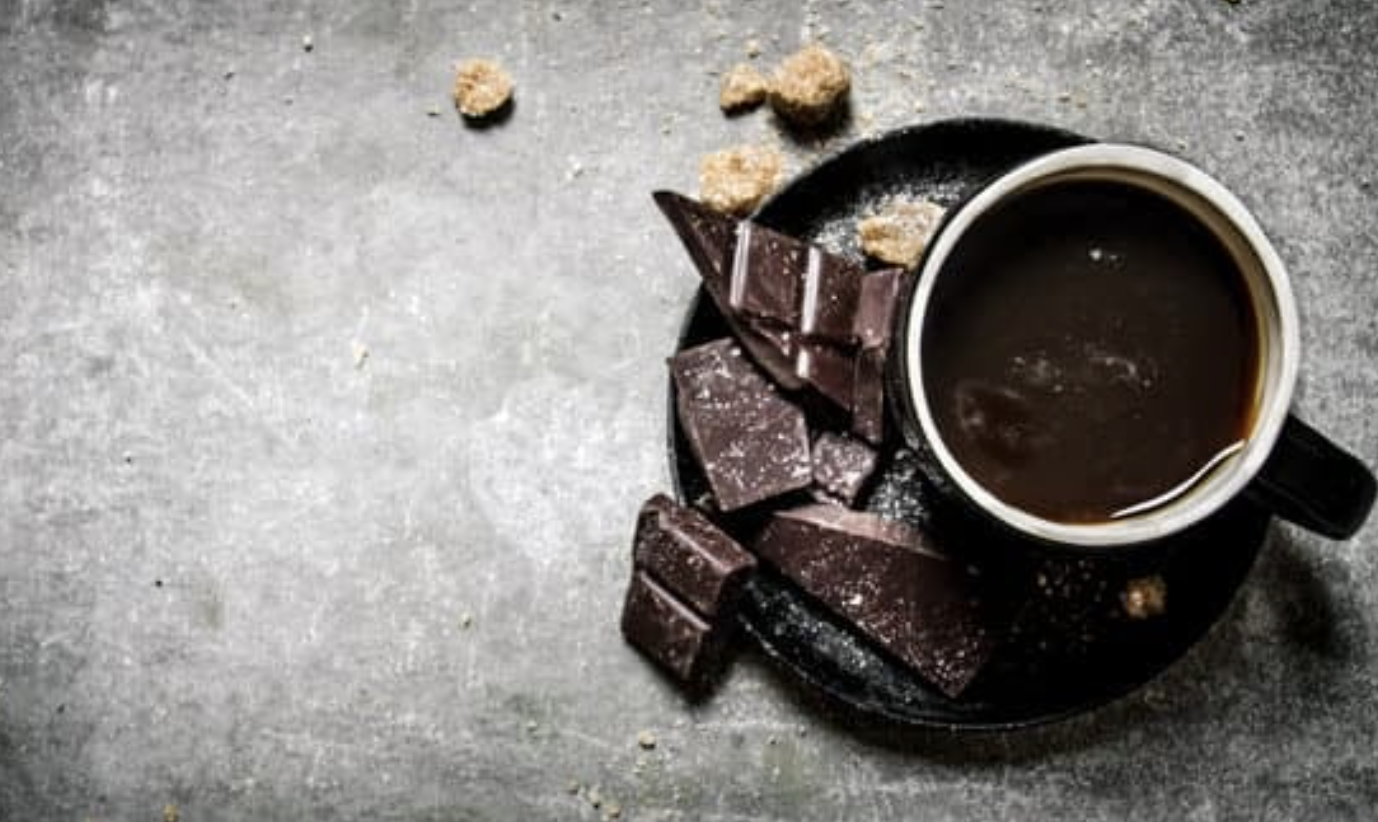No one wants to experience the sharp, bitter taste of a poorly made coffee. As a barista or a passionate coffee enthusiast, it is vital to understand how to avoid ending up with a cup of coffee that is simply too bitter for anyone to enjoy.
By expanding on your coffee making skills and implementing these simple yet effective strategies, you are sure to achieve a smooth and delicious coffee every time.
Should Coffee Be Bitter?
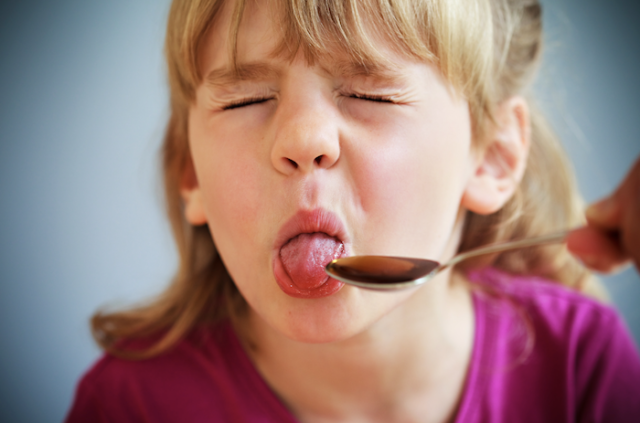
Your cup of coffee should be a lovely balance of rich flavour and smooth bitterness – not an overwhelming dose of either! Although coffee is often associated with a taste of bitterness, this is only one small component in what actually contributes to that perfect tasting cup of coffee.
There is an entire flavour wheel that describes all the different types of flavours you can expect to taste from different coffee, including hints of spice, to notes of fruit or chocolate sensations.
Bitterness should not be the dominant flavour in your cup of coffee, rather it should be an enjoyable balance of the flavours outlined.
Why is my coffee bitter?
Over extraction / Letting your coffee steep for too long
The science of coffee brewing involves one main reason as to why your coffee may be tasing bitter, over-extraction and waiting too long to pour the coffee. The extraction process is what pulls flavour out of the coffee grounds and into the water, creating that dark, delicious brew we all know and love.
When water mixes with coffee grounds, a chemical reaction occurs that dissolves certain flavour compounds. The challenge is to extract only the good compounds without extracting the bitter ones, which become more pronounced as the beans become overexposed to water and the coffee steeps for longer periods.
Many novice coffee-makers make the mistake of extracting too much coffee from each dose which results in the all too well known sour and bitter taste. To fix this, you should stop pouring as soon as you see the liquid turning a very light blonde colour at the end of each shot.
The water is too hot
If you’re looking to make the perfect cup of coffee, you might want to pay attention to the water temperature, a crucial component when brewing coffee. If the water is too hot, you’ll end up with a bitter cup of coffee due to extracting the bitter compounds rather than the preferrable ones.
The National Coffee Association says that the optimum temperature for coffee brewing is between 90°C and 96°C. This means that you shouldn’t let your water overboil, or reach temperatures which exceed 100°C, and should wait for a minute before pouring it over the coffee grounds.
Grind Size
Another reason that may contribute to a bitter tasting cup of coffee is the grind size of your beans. Grinding coffee beans influences how the favour compounds dissolve and therefore can cause over, or under extraction. If the grinds are too big, and therefore the coffee is too coarsely ground then you are more likely to achieve under-extraction and create a flat or sour tasting coffee.
The opposite, however, is not much better as if the grinds are too small, and therefore the coffee is too finely ground and the shot pours too slowly, too much flavour is removed from the beans resulting in an over-extracted, overly strong and bitter tasting coffee.
Different brewing methods require different grind sizes so trial and error may be needed to achieve the ideal grind for your machine, however a bitter cup of coffee will most commonly be associated with the grind that is too fine, and therefore you should aim to make your grinds coarser. For the best tasting espresso, you should aim for a pour time between 27 – 33 seconds to achieve the perfect amount of extraction.
Dirty machine and equipment
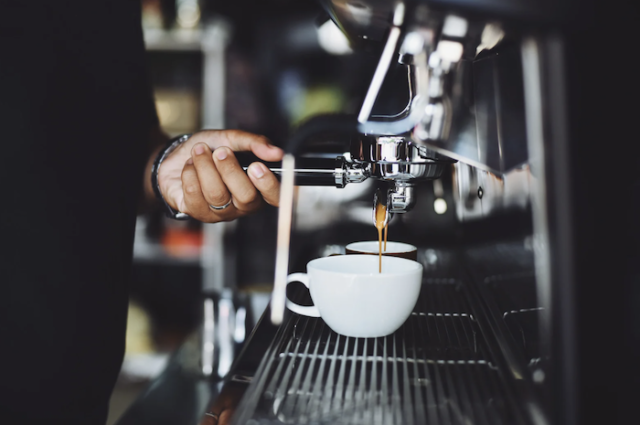
A seemingly minor and obvious reason that might be making your coffee taste bitter and sour is the stale residue left over in the machine from previous times that you have brewed. You must ensure to clean your coffee machine on a regular basis so that each cup has the potential to taste as smooth, fresh and delicious as the last.
It is a common misconception that machines that are used less regularly require less frequent cleaning than machines that are used at a high volume. In fact, they both require the same frequency of cleaning as oil residue will build up equally as fast regardless of the amount of use.
In saying this, different machine types may require cleaning at different intervals, so you should check with the manufacturer’s guidelines regarding your specific machine.
Check out our guides on different brewing techniques.
Poor quality beans
A bad, bitter cup of coffee is most commonly attributable to 2 things: bad beans or bad brewing. The reasons above explain the aspect of bad brewing however the quality and type of beans you use in your brew are just as important.
If you are attempting to make the perfect cup of coffee using low-grade, robusta species, or super dark roast beans then you are highly unlikely to succeed regardless of how good you are as a barista.
Instead, you should try implementing your coffee making skills using high quality, special-grade beans and this could make all the difference.
What kills coffee bitterness?
Ultimately the secret to avoiding a bitter cup of coffee is to avoid all of the common mistakes outlined above.
Ensuring not to over extract your coffee can be achieved by obtaining the correct balance of ground coffee with water used, and also ensuring you don’t wait too long to pour your coffee. Remember, not enough water causes a sour, under extracted coffee although too much water will give you a bitter, over extracted coffee. An ideal coffee to water ratio is 1:2.
You need to pay close attention to the temperature of your water, maintaining an ideal brewing temperature of 90°C and 96°C, and waiting a minute before you pour your hot water over your coffee grounds.
Achieving an ideal grind size, particularly one that is not too fine, as well as an associated pour lasting between 27-33 seconds, will give you the best chance of avoiding a bitter tasting brew.
Finally, and perhaps the most basic but most important of all, ensure that you are using clean equipment and good quality coffee beans. This is what will set you up for making a smooth, enjoyable coffee.
Does salt remove the bitterness of coffee?
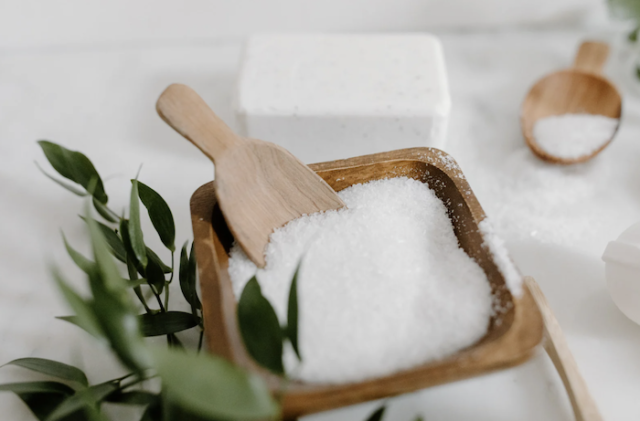
If you do end up with a bitter tasting coffee, there is no need to fear, a simple spoonful of salt could be the solution to your problem. It is scientifically proven that sodium, a major component of salt, neutralizes bitterness by blocking bitter and sour flavours on the tastebuds.
The addition of salt in your coffee will not only dampen bitterness but can actually replace the need for artificial sweeteners and milk due to its ability to naturally enhance coffee’s sweetness.
Research has proven that salt is in fact more effective at neutralising bitterness than sugar.
Sugar can only slightly mask bitter flavours whilst salt will neutralise bitterness completely. To implement this into your cups of coffee, it is recommended that for every cup of water and 2 teaspoons of ground coffee, you should add half a teaspoon of salt.
How do you mask caffeine bitterness?
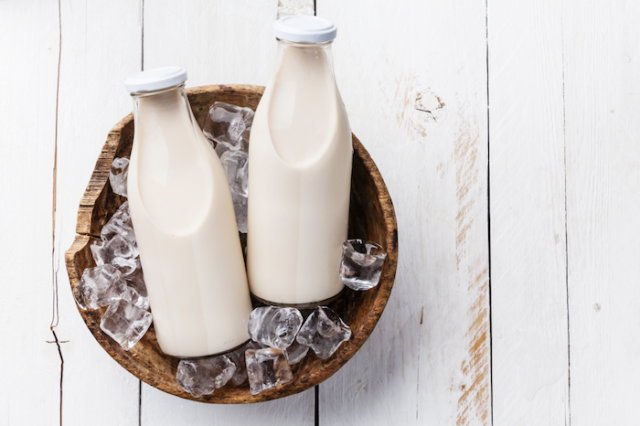
If you are not keen on the idea of adding salt to your coffee, there are many other ways that you can still add sweetness to mask that bitter taste.
Additives such as milk, syrups, cream, ice cream or butter are good ways to reduce bitterness and introduce other flavours into your coffee.
You should, however, be mindful that these are not the healthiest additions and should therefore be added to your coffee in moderation. Healthier alternatives to sweeten up your cup of coffee could include adding honey, cinnamon, vanilla extract or stevia.

There is nothing worse than taking a sip of your freshly brewed coffee only to realise that it tastes bitter and gross. If you’re looking to avoid this horrible fate, make sure to check the quality of your coffee beans before buying them and clean your coffee machine before using them. P
ay attention to the grind size, don’t overdo it on the brewing time and monitor the temperature of your hot water before you pour. If all else fails, remember to try a teaspoon of salt.
As coffee lovers, Skye and Josh from CFTP have spent years exploring the world of coffee, from studying different brewing methods to discovering unique coffee beans from around the globe. With a deep appreciation for the art and science behind the perfect cup coffee, Skye and Josh are dedicated to sharing their knowledge and experiences with fellow coffee enthusiasts.
Want to try their coffee? Head into their Seaford cafe, or purchase some beans online.
Coffee for the People Roasting Co.
37 Armstrongs Rd, Seaford VIC 3198


